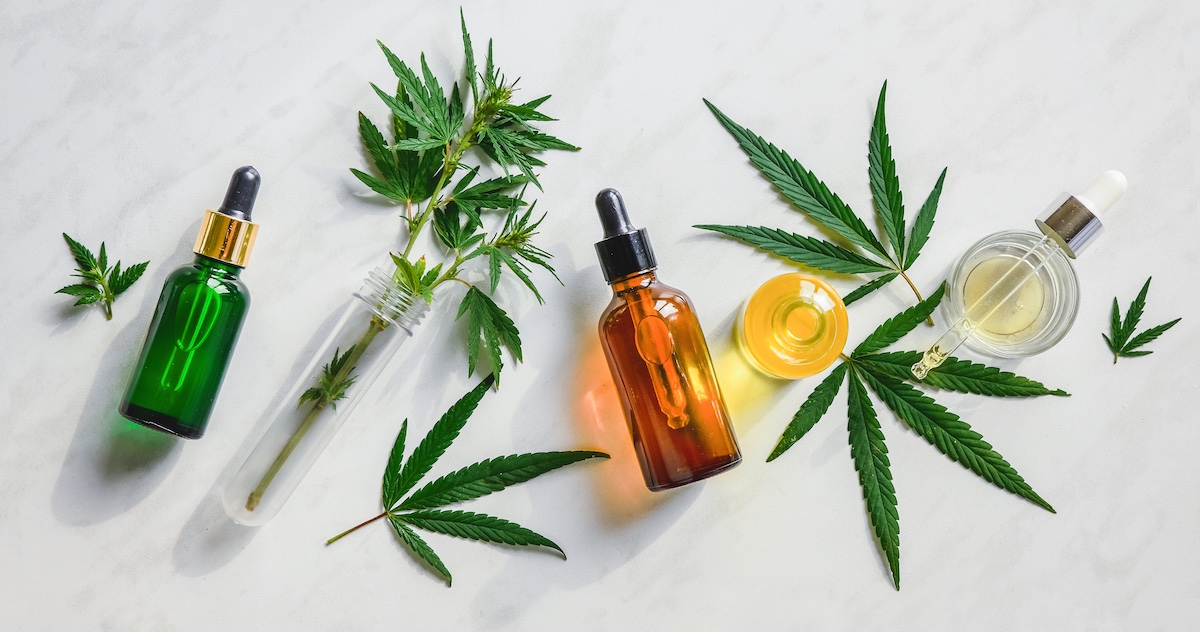
The CBD market is expected to triple in size over the next 10 years. Since the sale of hemp-derived CBD products became federally legal in 2018, studies suggest that 60% of Americans have tried CBD and believe it offers some medical benefits.
How do people use CBD and is it safe? As CBD usage continues to grow, so do the questions. Read on to learn why CBD’s popularity is increasing and the potential benefits and risks.
CBD (cannabidiol) is one of over 60 active compounds found in the cannabis plant. Known as cannabinoids, these active compounds impact your body in various ways.
However, pure CBD is not psychoactive – which means it won’t impair you or cause an intoxicating “high” like THC (delta-9-tetrahydrocannabinol) does. CBD usually comes from the hemp plant, which is also a type of cannabis plant. But hemp contains very little THC, usually less than 0.3%, that is filtered out to produce pure CBD.
Ongoing studies suggest CBD may offer many potential health benefits, similar to those of marijuana, but without the intoxicating high. These benefits include:
To date, Epidolex, which treats seizures for people with epilepsy, is the only medication made from CBD that is approved by the U.S. Food and Drug Administration (FDA).
Since we are still discovering the potential benefits of CBD, researchers will likely continue to conduct studies on cannabis, including hemp and CBD.
If you have health concerns you would like to address by taking CBD, talk to your provider about how it may interact with current medications.
CBD can be taken orally, topically, or through inhalation/smoking (which has additional side effects). CBD products on the market today include:
No one form of CBD is right for everyone, and people react differently to various products. These reactions can vary due to:
Yes, while CBD and THC are the most popular cannabinoids, there are many others, including CBG and CBN. These minor cannabinoids aren’t as naturally abundant in the hemp plant, but both offer potential therapeutic uses:
Be sure to check the label of any product you are taking to verify the THC content. CBD isolate products have been processed to remove all THC. All full-spectrum CBD products (including CBG and CBN) can legally include up to 0.3% of THC, which could show up on a drug test – especially if you take frequent or high doses.
The risks associated with CBD vary from person to person. Some of the potential risks that come with taking CBD include:
Not all CBD products are high-quality. To ensure the product is tested and accurately labeled, only purchase from an herbal medicine, vitamin, or supplement store.
Always consult with a healthcare provider before using CBD to address any mental or physical health concern. If you are not feeling your best, your vybe clinician can provide an evaluation and treatment plan. vybe offers a wide range of urgent care services, walk in or schedule an appointment at any of our 15+ convenient locations today!
FIND YOUR VYBE